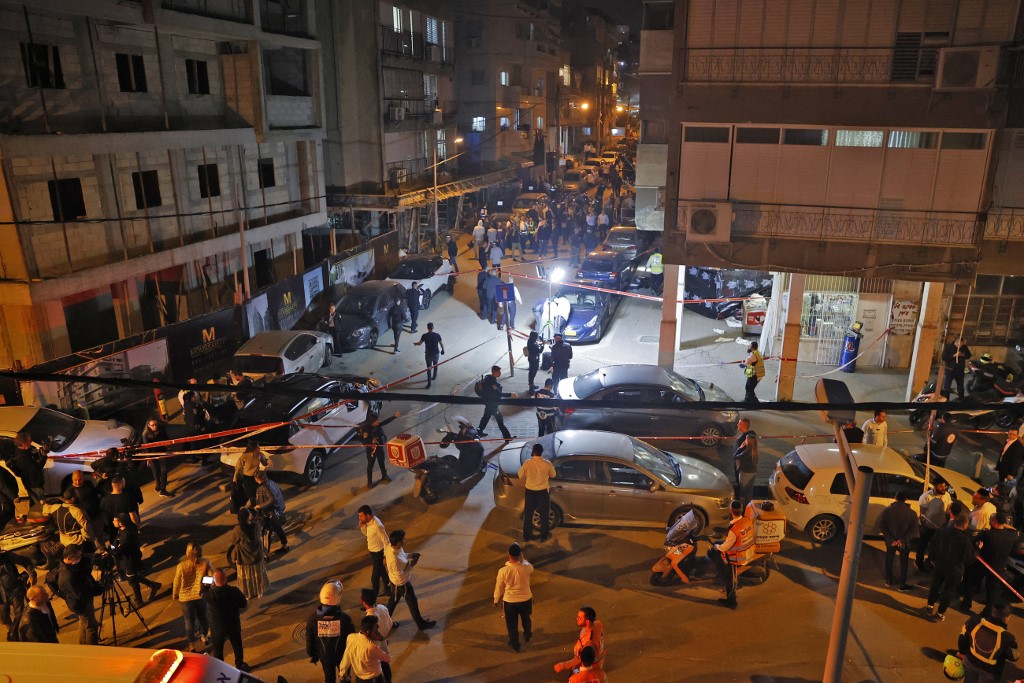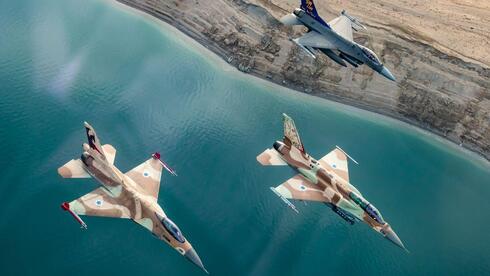Big_Zucchini
Well-Known Member
After ~17 years of relative calm with few Palestinian terror attacks, mostly with improvised weapons, primarily knives and therefore non-lethal, a new wave of lethal attacks with firearms has started.
The last wave of deadly terror attacks occurred between 2000-2005, leaving more than a thousand Israelis dead from mass shootings, suicide bombings, car rammings, and other creative ways.
What stopped it eventually was the consolidation of numerous efforts to limit the capabilities of wanna terrorists, including a wall, a series of checkpoints, increased military presence, active arrests of potential terrorists and seizures of illegal weapons and materials.
Not a week goes by without some notable bust of smuggled or home-built firearms in the West Bank.
In just 1 week, 3 terror attacks were conducted, with a total of 11 fatalities among civilians (not including the terrorists). 2 of them with firearms. The knife attack was also exceptionally deadly.
All attacks were claimed by ISIS, and in Sunni-Shia solidarity, were highly praised by Hamas and Hezbollah alike.
This new phenomenon is terrifying even the resilient Israelis. People are being hardened in their views, radicalized and calling for hard measures.
The approach taken by the Israeli government in the long run will likely have an effect on its foreign policy with its newfound Arab allies.

 www.timesofisrael.com
www.timesofisrael.com
Speaking of which, the Israeli air force is mulling a new alliance, centered around the aerial threat, between Israel and regional friendly Arab states.
The target - Iran's aerial campaign.
Not a great many details were shared, so I'll end this here. However, it's worth noting the article also talks about the IAF also creating a missile force, that will utilize ground launched munitions for deep strikes. Israeli industries have developed and showcased over the years various types of long range rockets, anything from 150km to almost 500km. They are prime candidates.
Other alternatives are ground-launched versions of aerial munitions, as claimed in the article. However, we should not take their wording at face value. Journalists do make mistakes.

 m.ynet.co.il
m.ynet.co.il
The last wave of deadly terror attacks occurred between 2000-2005, leaving more than a thousand Israelis dead from mass shootings, suicide bombings, car rammings, and other creative ways.
What stopped it eventually was the consolidation of numerous efforts to limit the capabilities of wanna terrorists, including a wall, a series of checkpoints, increased military presence, active arrests of potential terrorists and seizures of illegal weapons and materials.
Not a week goes by without some notable bust of smuggled or home-built firearms in the West Bank.
In just 1 week, 3 terror attacks were conducted, with a total of 11 fatalities among civilians (not including the terrorists). 2 of them with firearms. The knife attack was also exceptionally deadly.
All attacks were claimed by ISIS, and in Sunni-Shia solidarity, were highly praised by Hamas and Hezbollah alike.
This new phenomenon is terrifying even the resilient Israelis. People are being hardened in their views, radicalized and calling for hard measures.
The approach taken by the Israeli government in the long run will likely have an effect on its foreign policy with its newfound Arab allies.

Defeating the new terror wave: The challenge, the temptation, the precedent
With 11 people killed in three attacks in eight days, the fear is that Israel is facing a fresh, intifada-style onslaught. It isn't... at least, not yet
Speaking of which, the Israeli air force is mulling a new alliance, centered around the aerial threat, between Israel and regional friendly Arab states.
The target - Iran's aerial campaign.
Not a great many details were shared, so I'll end this here. However, it's worth noting the article also talks about the IAF also creating a missile force, that will utilize ground launched munitions for deep strikes. Israeli industries have developed and showcased over the years various types of long range rockets, anything from 150km to almost 500km. They are prime candidates.
Other alternatives are ground-launched versions of aerial munitions, as claimed in the article. However, we should not take their wording at face value. Journalists do make mistakes.

מול איומים איראניים: חיל האוויר מקדם ברית הגנה אזורית עם צבאות ערביים
לאחרונה ננקטו פעולות חסרות תקדים בחיזוק שיתוף הפעולה המבצעי בין חילות אוויר שכנים שמדינותיהן בשלום עם ישראל, לבין צה"ל. המטרה: הרחבת העומק האסטרטגי של ישראל ויירוט איומים הרחק מגבולות הארץ. חיל האוויר חושף: עשרות מבצעים משמעותיים בוצעו בשנה האחרונה בזירה הצפונית
